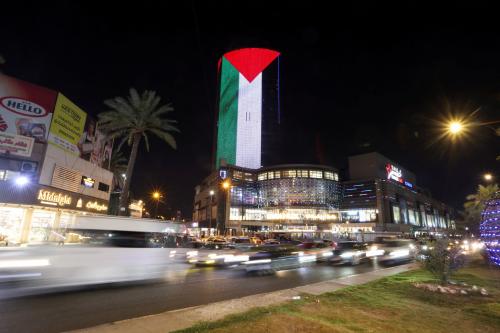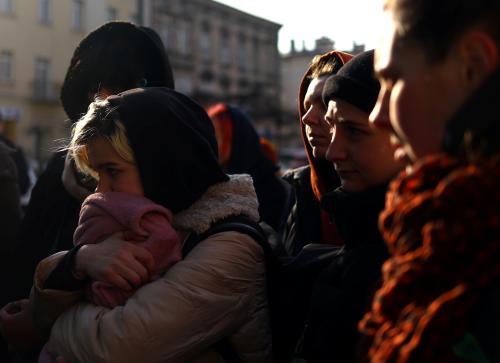LIANE HANSEN, host: A day of carnage and death in Saudi Arabia and Iraq. In Meena, Saudi Arabia, hundreds of pilgrims attending the hajj died when crowds stampeded during a stoning ceremony. The minister of pilgrimage affairs and endowment said more than 240 people were killed as about two million people threw stones at pillars said to represent the devil.
And in Iraq today, suicide bombers struck celebrations at two Kurdish political parties in Irbil, about 200 miles north of Baghdad. Hundreds of people were attending festivities marking the Muslim holiday Eid al-Adha, the Feast of Sacrifice, according to wire service reports. Officials at the scene said more than 50 people died and more than 200 had been injured.
And in the south, about 100 miles from Karbala, about 20 Iraqis died when a munitions dump exploded. A Polish government spokesman in Warsaw said the Iraqis had broken into the dump, which was being guarded by Polish troops.
We’re joined in the studio this morning by Noah Feldman. He’s a professor of law at New York University and a former adviser to the occupation authority in Iraq.
Michael O’Hanlon is a senior fellow at The Brookings Institution here in Washington. He’s in the studio as well. He’s a frequent guest on our show.
Mike, in the last year since the US-led invasion of Iraq in March, untold numbers of Iraqis have died. We really, honestly don’t have any idea of the number. Many more have been maimed or orphaned. More than 500 American troops have died; British, Spanish and Italian, and it’s a very long list. Now the Bush administration hopes to transfer authority to the Iraqis by this summer, and you’ve been optimistic in the past about the prospects for rebuilding Iraq. Are you still?
Michael O’Hanlon: I’m still guardedly optimistic, Liane, but I think one has to concede at this point there’s been more bad news in the last few months than good news, despite the capture of Saddam Hussein. That has led to some important breakthroughs in the counterinsurgency. I think that piece of it is going pretty well. We are winning the counterinsurgency against the Baathists. And since we captured Saddam, we have increased our intelligence leads. We’ve increased the number of Baathists we are capturing or killing per day. But most other trends are not great, whether it’s the number of coalition troops being killed, as you referred to, the state of security for most Iraqis, the attacks against Iraqis who are working with us, and now, perhaps worst of all, our basic plan for political transition doesn’t look like it’s taking hold. It’s meeting a lot of resistance inside of Iraq. One last point: Quality-of-life indicators are still not that bad, but they’re not that good. They haven’t made a whole lot of progress in the last three or four months.
So on balance, I’m still optimistic, because I think we face a small resistance that’s a bunch of dead-enders who are committed to Saddam Hussein and not much else. But on the other hand, anti-Americanism is growing, and there’s a sense of frustration with the way things are going in Iraq, and our plan for transition and our long-term exit strategy right now aren’t working all that well.



Commentary
Bringing Democracy to a New Iraq
February 1, 2004